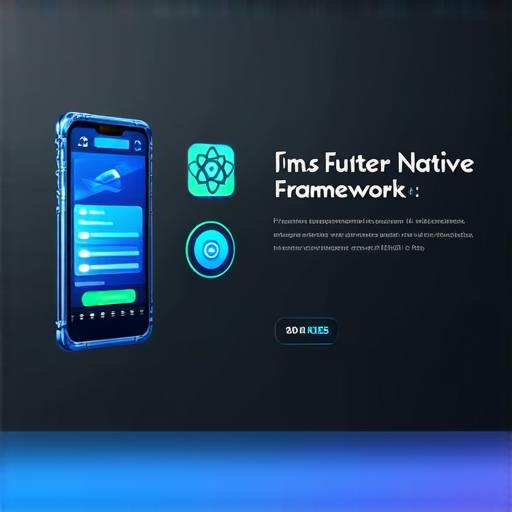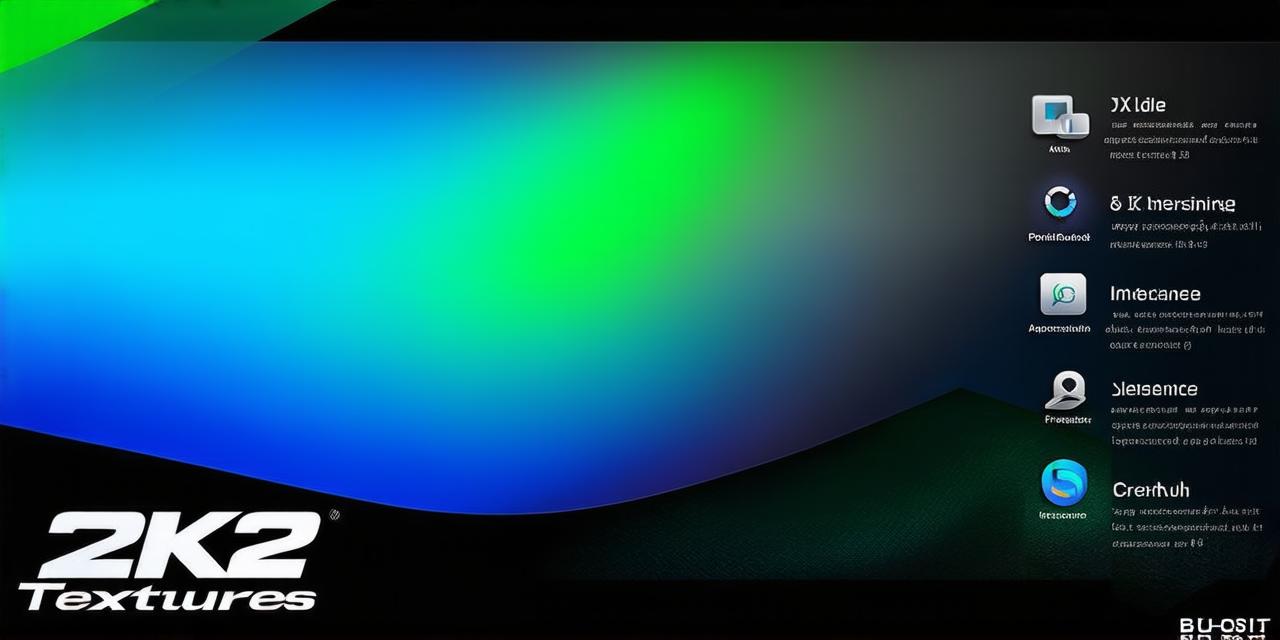Which framework is most suitable for developing mobile applications?
Introduction:
Developing a mobile app can be an exciting and rewarding experience, but it’s not always easy to choose the right framework. With so many options available, it can be challenging to know which one will work best for your project. In this article, we’ll explore some of the most popular mobile app development frameworks, their key features, and help you decide which one is right for your needs.
1. React Native:
React Native is a JavaScript library that allows developers to build native mobile apps using a single codebase. It uses a bridge to communicate between the JavaScript code and the native platform APIs, allowing developers to take advantage of the full range of device features while still writing in a single language. Some popular apps built with React Native include Instagram, Facebook, and Airbnb.
Pros:
- Allows for faster development times by sharing code between platforms
- Offers a rich set of UI components that can be customized to fit your app’s needs
- Supports both Android and iOS platforms
- Large community of developers and resources available
Cons:
- May require some experience with JavaScript and React to use effectively
- Can be challenging to debug and troubleshoot issues with the bridge
1. Flutter:
Flutter is an open-source mobile app development framework created by Google. It uses its own UI rendering engine and allows developers to write code in Dart, a programming language that’s similar to Java and C++. Flutter supports both Android and iOS platforms and offers a fast development experience. Some popular apps built with Flutter include Google Pay, Alibaba, and Postmates.
Pros:
- Offers a fast development experience by compiling code directly into native bytecode
- Supports both Android and iOS platforms with a single codebase
- Offers a rich set of widgets that can be customized to fit your app’s needs
- Large community of developers and resources available
Cons:
- May require some experience with Dart programming language to use effectively
- Can be challenging to debug and troubleshoot issues with the rendering engine
1. Xamarin:
Xamarin is a mobile app development framework created by Microsoft. It allows developers to write code in C or .NET and target both Android and iOS platforms using a single codebase. Xamarin uses Mono, an open-source implementation of the Common Language Runtime (CLR), to compile and run the code on both platforms. Some popular apps built with Xamarin include Microsoft Office Lens, VS Code, and LinkedIn.
Pros:
- Allows for faster development times by sharing code between platforms
- Offers a rich set of UI components that can be customized to fit your app’s needs
- Supports both Android and iOS platforms with a single codebase
- Large community of developers and resources available
Cons:
- May require some experience with C programming language to use effectively
- Can be challenging to debug and troubleshoot issues with the Mono implementation

- Ionic:
Ionic is an open-source mobile app development framework created by Apache Software Foundation. It allows developers to write code in HTML, CSS, and JavaScript and target both Android and iOS platforms using a single codebase. Ionic uses AngularJS or React for the UI rendering, and Cordova or Electron for the native APIs access. Some popular apps built with Ionic include UberEats, SushiSamba, and The Guardian.Pros:
- Ionic:
- Allows for faster development times by sharing code between platforms
- Offers a rich set of UI components that can be customized to fit your app’s needs
- Supports both Android and iOS platforms with a single codebase
- Large community of developers and resources available
Cons:
- May require some experience with AngularJS or React programming language to use effectively
- Can be challenging to debug and troubleshoot issues with the native APIs access
Choosing the Right Framework for Your Project:
When choosing a mobile app development framework, it’s important to consider your project’s specific needs and requirements. Some factors to consider include the complexity of your app, the platform you want to target, and your team’s experience with different programming languages.
